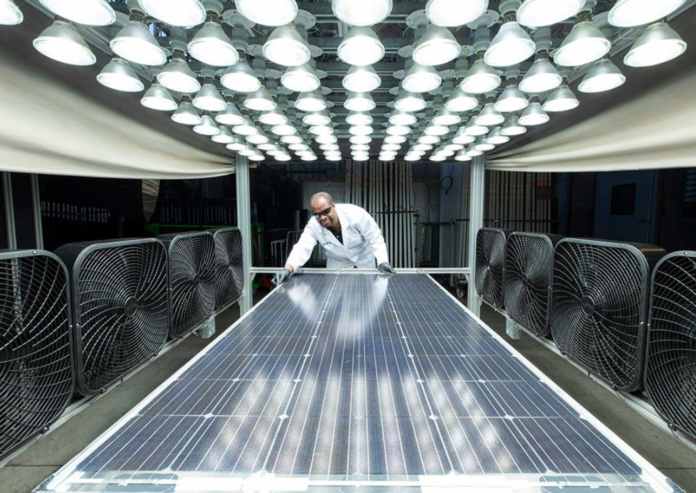PV Evolution Labs (PVEL), an independent test lab for the global downstream solar industry, has published the 6th Edition of its PV Module Reliability Scorecard in partnership with DNV GL, a global certification body.
The report reveals eight new Top Performers compared to the 2019 Scorecard. However, it also shows that some manufacturers overlooked minimum safety and quality controls in the rush to bring PV cell and module technologies to market.
“A diverse array of PV technologies has upended conventional R&D timelines to achieve rapid commercialization, leading PVEL to test more cell and module combinations for our 2020 Scorecard than at any point in our 10-year history,” says Tara Doyle, CCO of PVEL.
“Developers and investors need independent, reliable data to balance the reliability risks inherent to new products against the promise of higher-performing, more lucrative projects,” adds Doyle.
PVEL’s annual scorecard ranks commercially available PV modules based on results from PVEL’s PV Module Product Qualification Program (PQP), a comprehensive sequence of performance and extended reliability tests that approximate the impact of decades of field exposure on PV modules. The PQP provides empirical data for PV module supplier evaluations and project-level energy yield and financial models.
The 2020 Scorecard includes first-of-their-kind Top Performer designations for modeled performance. The rankings are based on energy yield models built using PVEL-measured PAN files for PVsyst modeling software. Bifacial PV modules exhibited the strongest results in this new Top Performer category.
Participation in PVEL’s PQP is voluntary for manufacturers and only top-performing module models are ranked in the Scorecard. Since PVEL launched its PV Module PQP in 2012, it has tested over 360 bills of material (BOMs) from more than 50 module manufacturers.
The 2020 PV Module Reliability Scorecard is available as a free download, here.
Photo: PVEL’s landing page




